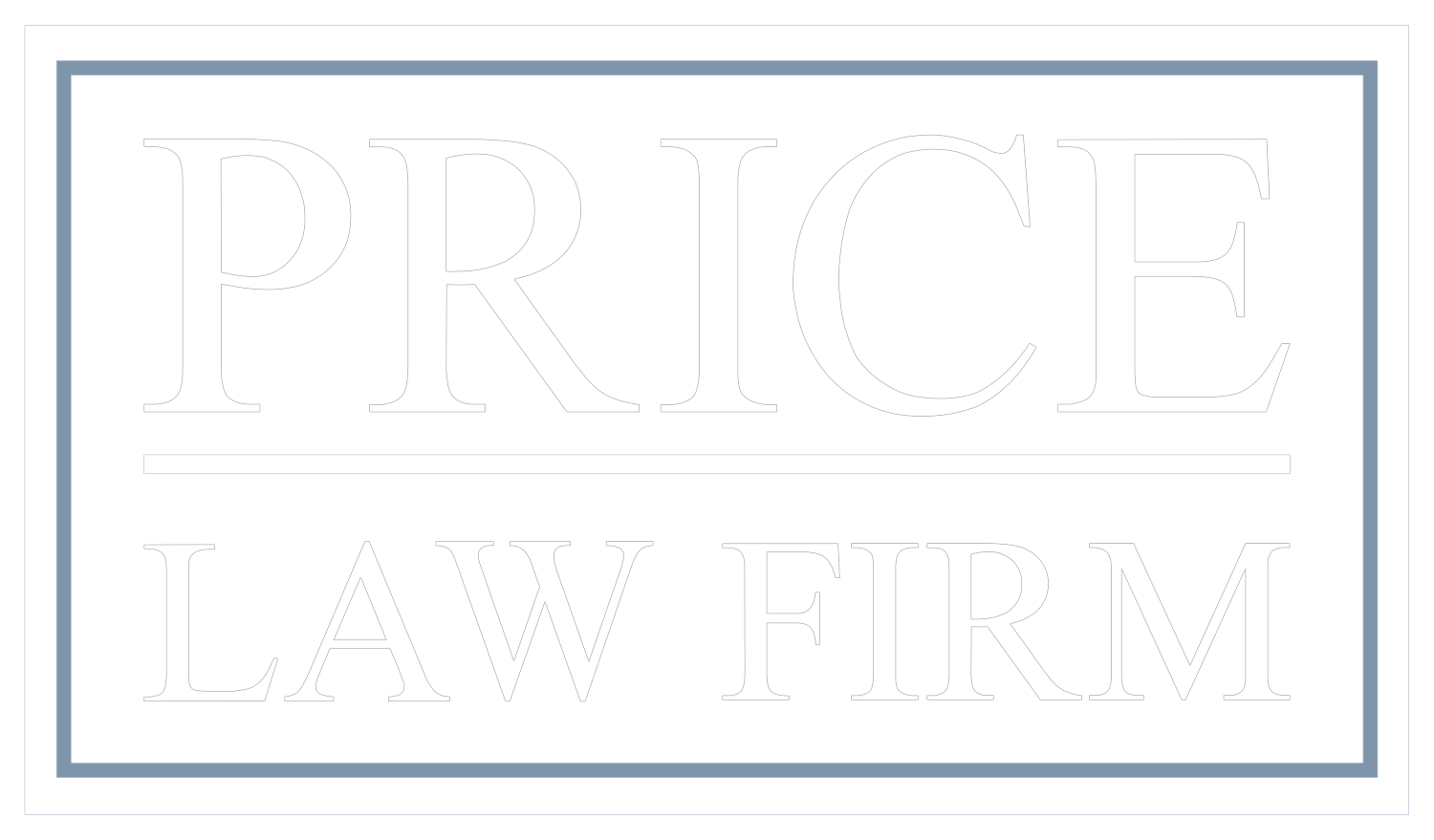
The 4 Year Rule Continues to Crumble Away
A recent decision of the Appellate Division, First Department will make it even easier for tenants to avoid the four year statute of limitations in rent overcharge cases. What is the status of the statute of limitations leading up to the case I will discuss today? The Legislature and Governor in their infinite wisdom passed a law that imposed a four year statute of limitations for rent overcharge cases.The language of the statute was so exacting and so precise that it even forbade the examination of the rental history of any particular apartment once that examination was more than four years into the past. As time has gone by since the enactment of the statute, the courts in New York State have chipped away at the four year rule rendering it now almost non-existent.
New Paragraph
Rent Overcharge, Fraud and the 4 Year Rule
The most common example of a rent overcharge goes something like this: A landlord has a tenant in a rent stabilized apartment paying a very below market rent. The landlord can only increase the rent in small increments each year or two (at the tenant’s choosing). However, upon a vacancy, the landlord is permitted to increase the rent by approximately 18% (it differs from year to year) and can raise the rent by 1/60th (the amount was recently lessened from 1/40th the cost to 1/60th) the cost of any renovations performed to the vacant apartment. During this vacancy the landlord may try to perform enough renovations to actually increase the legal rent for the apartment to over $2,500/month (recently increased from $2,000/month) and upon reaching that $2,500/month threshold the apartment will be deregulated permitting the landlord to charge anything that the landlord wants. Getting the rent over $2,500 is the key and because the landlord can perform an unlimited amount of repairs at an unlimited cost, the key is in the landlord’s hands in respect of increasing the rent for a vacant rent stabilized apartment.
Some unscrupulous landlords will take the occasion of the vacancy to take credit for spending money on renovations not actually spent. So for instance, if the landlord needed to spend $65,000 in renovations to deregulate an apartment but spends only $25,000, that unscrupulous landlord may take credit for $65,000. This is clearly fraud and patently improper. However, a law was enacted that had the intended effect of making a landlord immune from penalty if the landlord was not caught within 4 years of committing the fraudulent act. This is the law that is being ignored.
A series of cases have been decided by the appellate courts in Manhattan that stand for the proposition that the four year statute of limitations will be ignored if it can be proven that the landlord committed fraud in setting the rent for an apartment. The cases started with tough facts in which the landlord acted unconscionably. The cases have now
Boyd v. New York State DHCR
The case of Boyd v. New York State Division of Housing and Community Renewal, 110 A.D.3d 594, 973 N.Y.S.2d 609 (1st Dept. 2013) stands for the proposition that even the most superficial of allegation will avoid the statute of limitations and permit an overcharge case to proceed. The landlord had increased the registered monthly rent from $572 in July 2004 to $1750 in October 2004 upon the departure of a long-time tenant. More than 90% of the increase reflected an adjustment for “individual apartment improvements” (IAIs) under the Rent Stabilization Code. To justify that increase, the owner would have had to have spent about $39,000 to renovate the apartment in 2004 during that period of vacancy. The current tenant, who moved into the apartment in 2007, challenged the rent claiming that she had been overcharged because she did not believe that the landlord had spent the $39,000 necessary to increase the rent to $1750 back in 2004. Important for this discussion, the tenant did not file the complaint until more than 4 years had elapsed since the landlord did the work in 2004 – meaning that the tenant moved into the apartment in 2007 but did not file a complaint until years later.
In her pleading, the tenant set forth a description of the apartment as she found it when she took possession in 2007, alleging that based on its condition when she moved in, the owner could not have spent $39,000 for improvements to the apartment. She gave a description of the apartment in which she described the subject apartment as having been renovated with cheap materials and with shoddy work. The landlord apparently defended the complaint by pointing out that the complaint was filed more than 4 years after the renovations were performed (and therefore beyond challenge) but did little to prove that the renovations were actually performed.
The DHCR ruled in favor of the landlord, relying upon the four year statute of limitations and finding that a claim that $39,000 was spent was easy to believe. An administrative appeal was taken by the tenant (though filed late) and the landlord again prevailed. The tenant commenced an Article 78 proceeding seeking to have DHCR’s determination overturned and the tenant lost again. On appeal to the Appellate Division, the tenant finally prevailed. The Appellate Division held that the tenant’s mere allegation that there had been fraud was sufficient to avoid the four year statute of limitations. Accordingly, the case was remanded to permit the parties to present their evidence on what renovations were actually performed back in 2004.
Tenants Avoiding the 4-Year Statute of Limitations with a Simple Allegation
The case stands for two unique principles. First, and as was described above, a tenant can avoid the four year statute of limitations by making a detailed allegation even without evidence. Second, the Court accepted the tenant’s position even though the tenant had missed the DHCR’s very strict rule that administrative appeals of DHCR determinations (Called PARs) be filed within 35 days. It shows the lengths to which the Court went to find a way to rule in favor of the tenant.
The statute of limitations continues to crumble away.
Don’t leave your legal matters to chance. SCHEDULE A CONSULTATION OR CALL US AT (212) 675-1125 for a personalized consultation and let our experts guide you through every step of the process.
Joshua Clinton Price
Founder of The Price Law Firm LLC
Josh Price is a lawyer who is sought by clients with complicated cases because of his extensive knowledge of the law and his ability to help the law evolve.
Search an article
Contact Us for a
FREE Consultation
Blog (Website Form)

Facing a real estate issue?
Contact us to schedule a consultation and get expert legal advice tailored to your specific needs and circumstances.
OR CALL US NOW AT:
SHARE THIS ARTICLE:
Recent Posts
Get Expert Legal Advice











